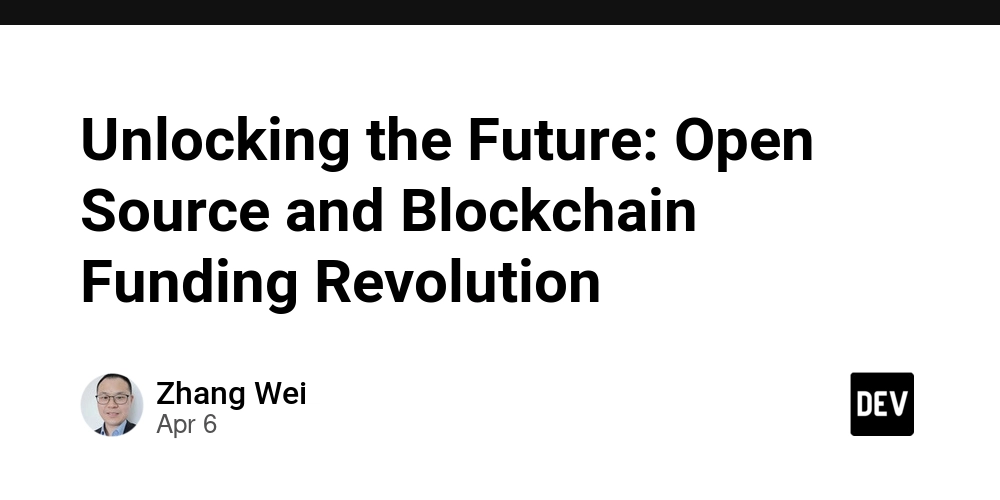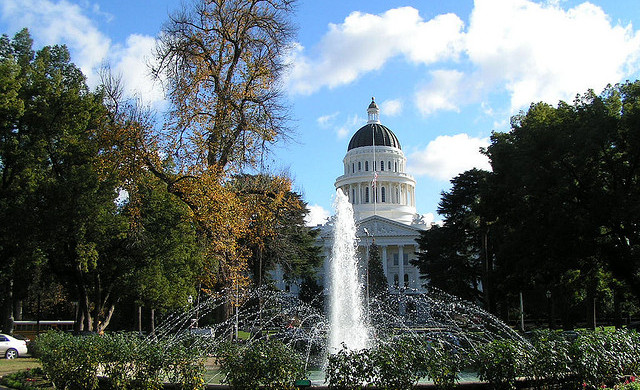Threats, calls for negotiations in wake of Trump tariffs
Countries around globe have responded to President Trump's latest tariffs with either threats of retaliation or calls for negotiation. Trump on Wednesday imposed a 10-percent base tax on all goods coming into the U.S., with the exception of items from Mexico and Canada — trading partners the administration has already targeted with 25 percent tariffs....

Countries around globe have responded to President Trump's latest tariffs with either threats of retaliation or calls for negotiation.
Trump on Wednesday imposed a 10-percent base tax on all goods coming into the U.S., with the exception of items from Mexico and Canada — trading partners the administration has already targeted with 25 percent tariffs. In addition, the president signaled that some countries could see as high as 54 percent tariffs.
In his announcement, Trump argued that nations have long benefited more from trade deals than the U.S. and that it is time Washington experienced the same. He has also suggested that the tariffs could bolster manufacturing domestically and bring back a variety of jobs.
“Our country and its taxpayers have been ripped off for more than 50 years, but it’s not going to happen anymore,” Trump said on Wednesday.
Treasury Secretary Scott Bessent, in an interview with Fox News's Bret Baier, said the nations affected by the tariffs should take time to assess the impact before responding.
"My advice to every country right now is, do not retaliate, sit back, take it in, let's see how it goes, because, if you retaliate, there will be escalation. If you don't retaliate, this is the high-water mark,” he said.
Here is how some have already responded in the wake of the president's announcement:
Japan

Japan's Prime Minister Shigeru Ishiba speaks during a news conference with President Donald Trump at the White House, Friday, Feb. 7, 2025, in Washington. (AP Photo/Evan Vucci)
Japan’s Prime Minister Shigeru Ishiba told reporters at a press conference that Trump’s 25 percent tariff on automobiles is “extremely regrettable,” noting the island nation has been the largest investor in the U.S. since 2019.
Ishiba also questioned whether Trump’s fresh tariffs are in line with the World Trade Organization’s guidelines and the U.S.-Japan Trade Agreement, which went into effect in January 2020.
He said he will speak directly with the president, “at a most appropriate time and method without hesitation.”
Asked how Japan will respond, the prime minister declined to disclose the details.
The European Union

President of the European Commission Ursula von der Leyen gives a press conference at the end of the first day of a EU summit in Brussels, on March 21, 2024. (Photo by KENZO TRIBOUILLARD/AFP via Getty Images)
The European Union (EU) is ready to respond to Trump’s 20 percent “reciprocal tariff” if negotiations with Washington go nowhere, according to European Commission President Ursula von der Leyen.
“We are prepared to respond,” von der Leyen said during a Thursday livestream. “We are now preparing for further countermeasures, to protect our interests and our businesses if negotiations fail.”
The EU commission chief reiterated that “it is not too late to address concerns through negotiations. “Let’s move from confrontation to negotiation.”
India

India's Prime Minister Narendra Modi listens during a news conference with President Donald Trump in the East Room of the White House on Feb. 13, 2025, in Washington.
The Trump administration on Wednesday hit India with a 26 percent reciprocal tariff.
In response, India’s commerce ministry said Thursday that it was analyzing Trump's new measures and communicating with exporters.
“Keeping in view the vision of Viksit Bharat, the Department is engaged with all stakeholders, including Indian industry and exporters, taking feedback of their assessment of the tariffs and assessing the situation,” India’s Trade Ministry said on Thursday.
“The Department is also studying the opportunities that may arise due to this new development in the US trade policy," it added.
The Indian government noted that it is looking to hammer out a bilateral, multi-sectoral trade deal that would strengthen supply chain integration and bolster trade between the two countries.
“The ongoing talks are focused on enabling both nations to grow trade, investments and technology transfers,” the ministry said. “We remain in touch with the Trump Administration on these issues and expect to take them forward in the coming days.”
China

U.S. and Chinese flags are set up before a meeting at the Diaoyutai State Guesthouse in Beijing. (AP Photo/Mark Schiefelbein, Pool, File)
China, who appears to have been punished the worst with an additional 34 percent tariff tacked onto the existing 20 percent, condemned the move.
"Trade and tariff wars have no winners. Protectionism leads nowhere," Guo Jiakun, a spokesperson for the Chinese Foreign Ministry, said Wednesday in a press conference.
"We urge the U.S. to stop doing the wrong thing and resolve trade differences with China and other countries through consultation with equality, respect and mutual benefit," he added.
Guo, like the Japanese prime minister, argued that the tariffs likely violate WTO rules and "harm the common interests of people of all countries, and do not help solve the problems of the U.S. itself."
"It is clear to everyone that more and more countries are opposing the U.S.’s unilateral bullying actions, such as imposing tariffs," he wrote.
The response comes after the nation responded to Trump's initial tariff announcement earlier this year with their own reciprocal taxes and vowed to continue fighting back.











































































